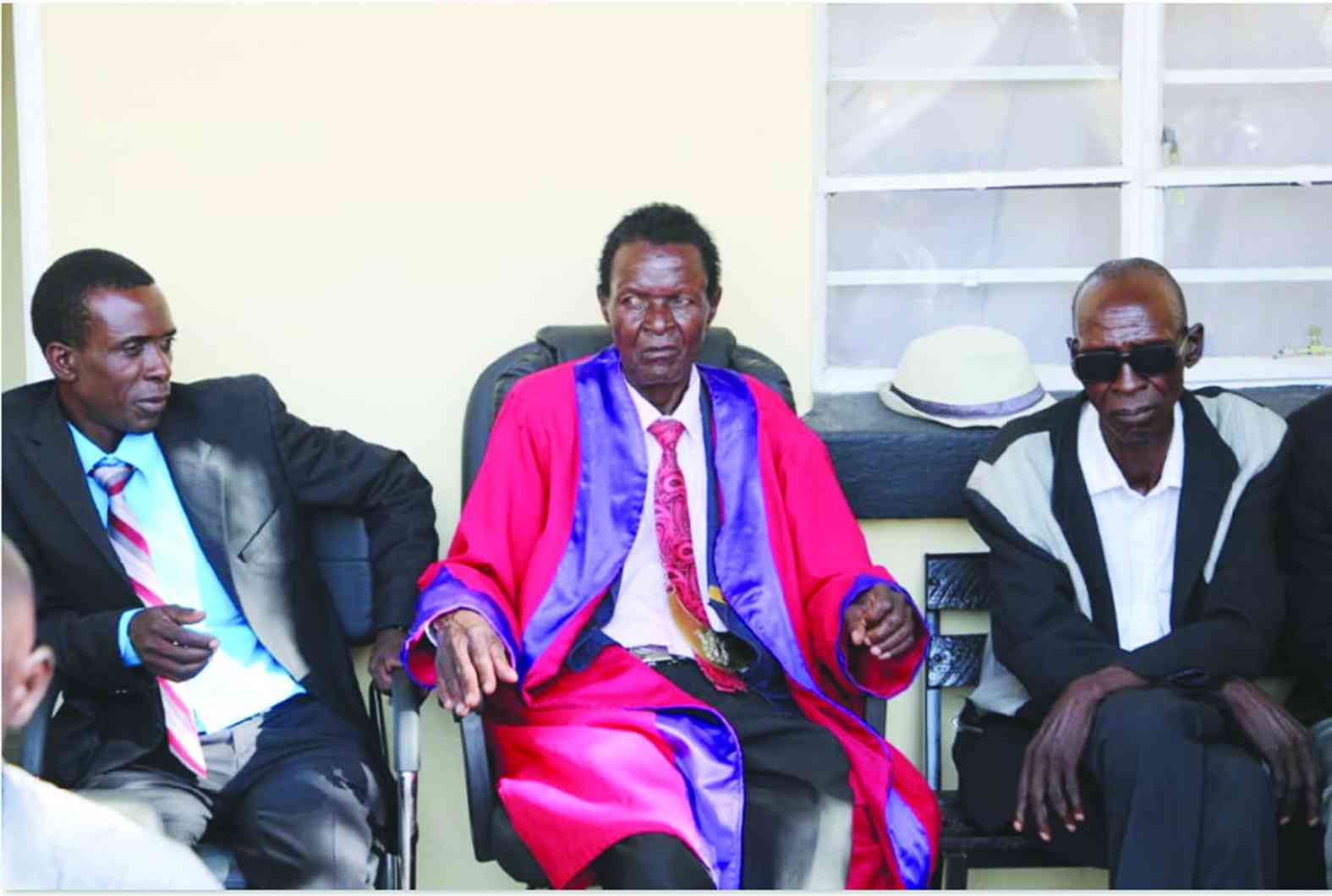
LAND dispute cases are increasingly overshadowing other matters in Zimbabwe’s traditional courts, with Chief Wozhele’s latest session in Sanyati dominated by quarrels over boundaries and inherited fields.
At a court session attended by NewsDay last week, most cases revolved around contested pieces of land with families accusing neighbours of shifting boundary markers, while others blamed village heads for allocating land outside their jurisdictions.
One heated case involved cousins Jethro Mashame and Aaron Muketiwa fighting over a field.
Both claimed the piece of land belonged to them.
“I bought this piece of land from Muketiwa’s son, Mduduzi, when he got a new piece of land at the plots. I paid him some money as well as a cow,” Mashame told the court.
However, Muketiwa said the piece of land belonged to him as his son did not own land.
Chief Wozhele and his assistants ordered the two to return for the next court session in the company of Mduduzi, who is said to have sold the piece of land to Mashame, so he can say what really transpired.
In another case, Lloyd Chiriseri reported his brother’s son Kudakwashe Chiriseri, whom he accused of grabbing land he inherited from his father as the last born.
- Sanyati MP, police cross swords
- Mine wrangle sucks in deputy minister
- Zanu PF polls descend into chaos
- Crumbled paths: Tale of neglected Sanyati-Kadoma Road
Keep Reading
“This land was given to me by my late father and we have cultivated it since then and we also have plans to establish a clinic together with my sister on this land,” Lloyd said.
“The problem now is that my nephew is now encroaching onto this land, building houses at the corner of the stand. When I told him to stop, he continued erecting a precast wall on the land.”
Kudakwashe, on the other hand, insisted the plot was handed to him by his father, who is Lloyd’s brother.
Another matter saw a village head being accused of encroaching onto another traditional leader’s territory, allocating land to new settlers.
“We cannot have two chiefs in one area. Boundaries must be respected,” said Chief Wozhele, born Caiphus Chikwata, warning that such practice causes division and confusion.
The traditional leader cautioned that if left unresolved, land conflicts could erode unity within communities.
“Land is our lifeblood. It feeds us and connects us to our ancestors,” he said.
“When people fight over it, they risk breaking the very fabric of our society.”
Chief Wozhele pledged to continue mediating fairly, urging village heads and villagers to prioritise peace.
Residents told Southern Eye that they preferred the chief’s court to State institutions because it provided culturally-rooted solutions.
“Here, we speak openly and elders guide us. At the magistrates court, it is just judgment without reconciliation,” said one villager outside the courtroom.
According to the Lands (Consequential Provisions) Act [Chapter 20:28], it is a crime to occupy rural State land without authority.
Local Government and Public Works minister Daniel Garwe has warned traditional leaders against selling land.
“In Zimbabwe, chiefs should follow the Customary Law and Local Courts Act, Communal Lands Act and the Constitution of the country. The new chief should ensure that land is preserved, no land should be sold through sabhuku deals,” he said at the installation of Chief Wozhele in Sanyati last year.
The surge in disputes highlights growing pressure on communal land due to a rise in the population and blurred traditional boundaries and in Sanyati’s case, most people are moving from Arda growth point to rural land.
This is also the case in other areas around the country where people have resorted to moving to the capital city’s peripheries in areas such as Domboshava, Goromonzi and Seke.









